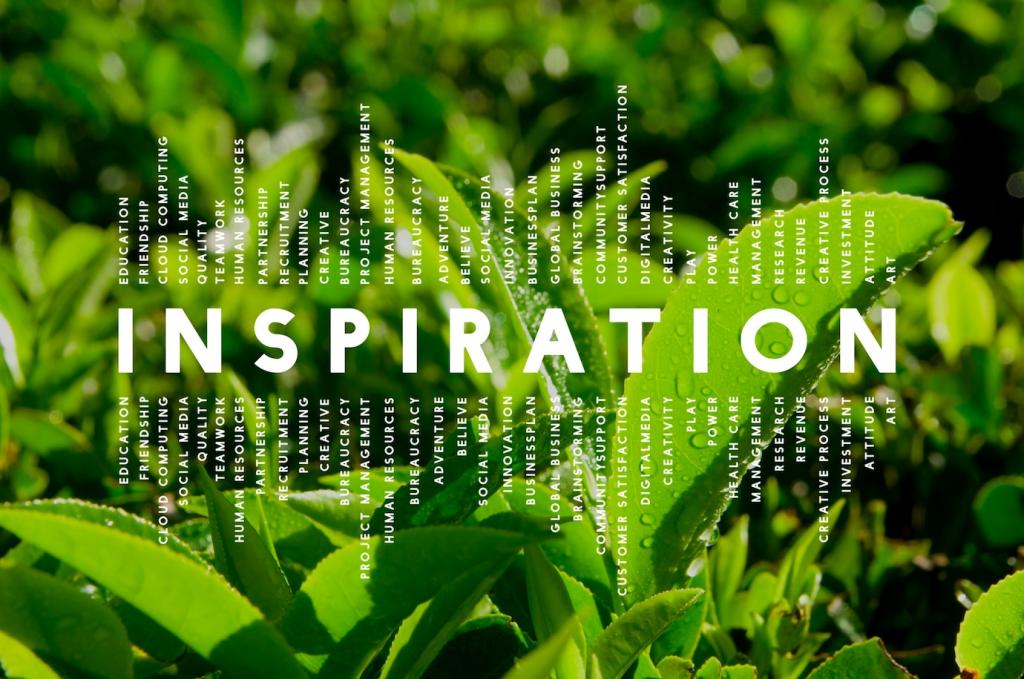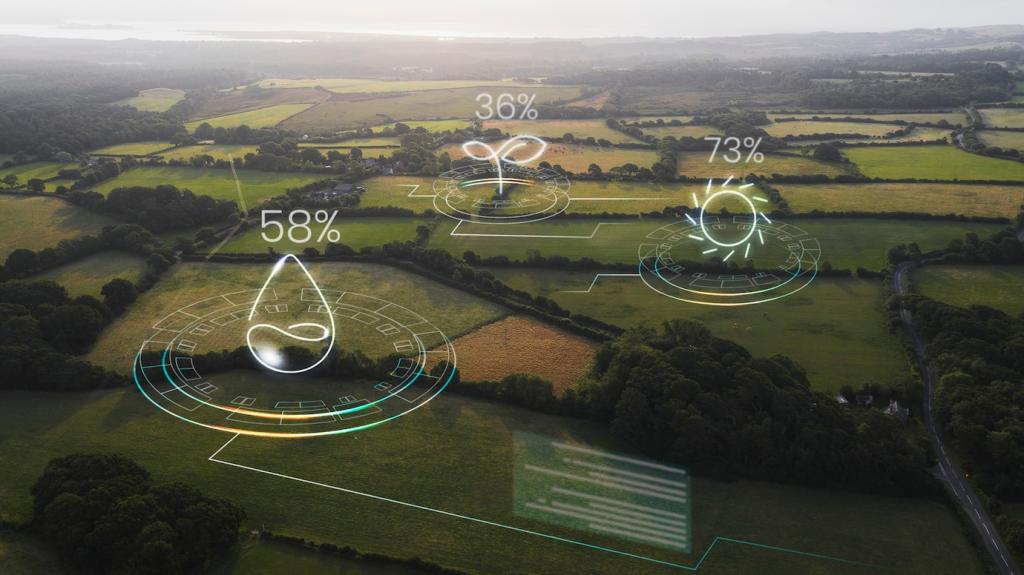Interactive Waste Reduction Challenges
Interactive waste reduction challenges are dynamic programs designed to engage individuals and communities in minimizing waste production and promoting sustainable habits. These challenges harness the power of participation, competition, and education to inspire people to rethink their consumption patterns and waste disposal practices. By actively involving participants through gamified experiences, creative tasks, and real-time feedback, interactive waste reduction challenges foster meaningful behavior change. This approach not only raises awareness about the environmental impact of waste but also equips participants with practical strategies and motivation to embrace a more sustainable lifestyle.

Environmental Awareness Expansion
One of the primary outcomes of joining an interactive waste reduction challenge is a significant increase in environmental awareness. Participants are exposed to eye-opening facts about waste generation, the effects of landfill growth, and the environmental toll of single-use products. Through hands-on activities and real-time feedback, individuals see directly how their habits contribute to larger ecological issues. This experiential learning approach makes the concepts more personal and memorable, deepening participants’ understanding of the urgent need for change. By the end of the challenge, individuals often adopt a more critical approach to their own consumption habits and develop a heightened sense of responsibility toward the planet.

Long-term Behavior Change
Interactive challenges are highly effective at facilitating enduring behavior change in relation to waste practices. The format encourages repeated actions over a specific period, helping to break old habits and establish new, eco-friendly routines. Participants are consistently reminded to consider alternatives to wasteful behavior, such as reusing materials, composting, or reducing packaging. The support from peers and visible progress towards goals makes change feel accessible and rewarding. After completing a challenge, many individuals report integrating sustainable behaviors into their daily lives, such as carrying reusable bags or composting at home, thus making a lasting impact on waste reduction.
Types of Interactive Waste Reduction Challenges
Zero Waste Month Initiatives
Zero Waste Month initiatives invite participants to minimize their non-recyclable waste over the course of a month. The challenge often includes themed weeks focusing on different aspects of daily life, such as groceries, clothing, and personal care. Participants track their waste production, share their strategies, and compete for the lowest output. This format promotes self-reflection on consumption habits and encourages innovative waste-reducing solutions. Regular check-ins and social sharing build momentum, as participants celebrate victories and troubleshoot obstacles together. By the end of the month, many discover new, more sustainable habits that stick long after the challenge concludes.

Tools and Technology Powering Waste Reduction Challenges
01
Digital Tracking Platforms
Digital tracking platforms are instrumental in facilitating and monitoring challenges. Participants log their daily or weekly waste data through intuitive interfaces, allowing them to visualize trends and measure improvements over time. Automated notifications remind participants to stay engaged, while interactive dashboards display personal and community progress. Many platforms provide learning resources, challenge prompts, and discussion forums to enhance the experience. The ability to see real-time statistics and rankings adds a layer of accountability and motivation. Over time, participants can view their cumulative impact, reinforcing the value of small, everyday actions in the broader context of waste reduction.
02
Reward Systems and Gamification
Reward systems and gamification techniques elevate the appeal of waste reduction challenges. Points, badges, leaderboards, and achievements keep participants motivated and convert sustainable behaviors into fun, repeatable actions. Participants can earn rewards for milestones such as reducing single-use plastics, participating in community clean-ups, or achieving a zero-waste week. These digital incentives tap into the natural desire for recognition and competition, transforming what might be seen as chores into enjoyable challenges. As a result, more people complete the challenge and build the confidence to continue their efforts long-term. Gamification also sparks friendly competition, further reinforcing the collective drive to reduce waste.
03
Social Sharing and Community Connectivity
Social sharing features make it easy for participants to document and publicize their waste reduction journey. Through integrated photo uploads, personalized stories, and challenge updates, individuals share their progress and inspire others to join. Dedicated forums and chat groups foster ongoing conversation, troubleshooting, and encouragement. Seeing real-world examples from peers helps demystify new habits and provides practical inspiration. These digital communities become a rich source of support, new ideas, and collective problem-solving, which strengthens commitment to the challenges’ goals and cultivates a wider culture of sustainability.
